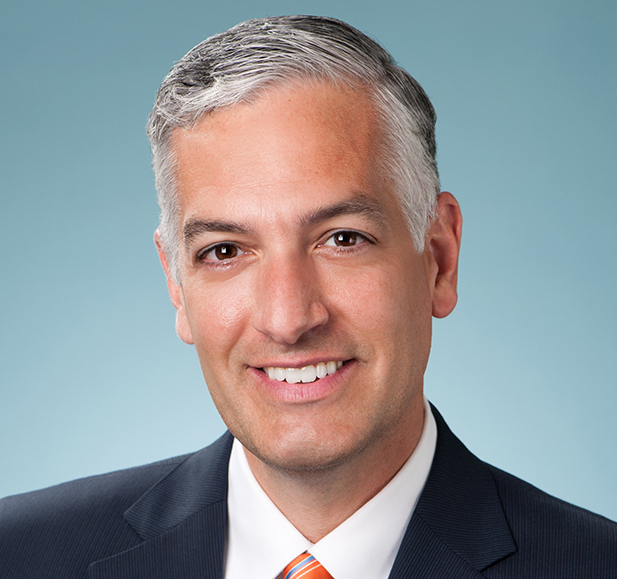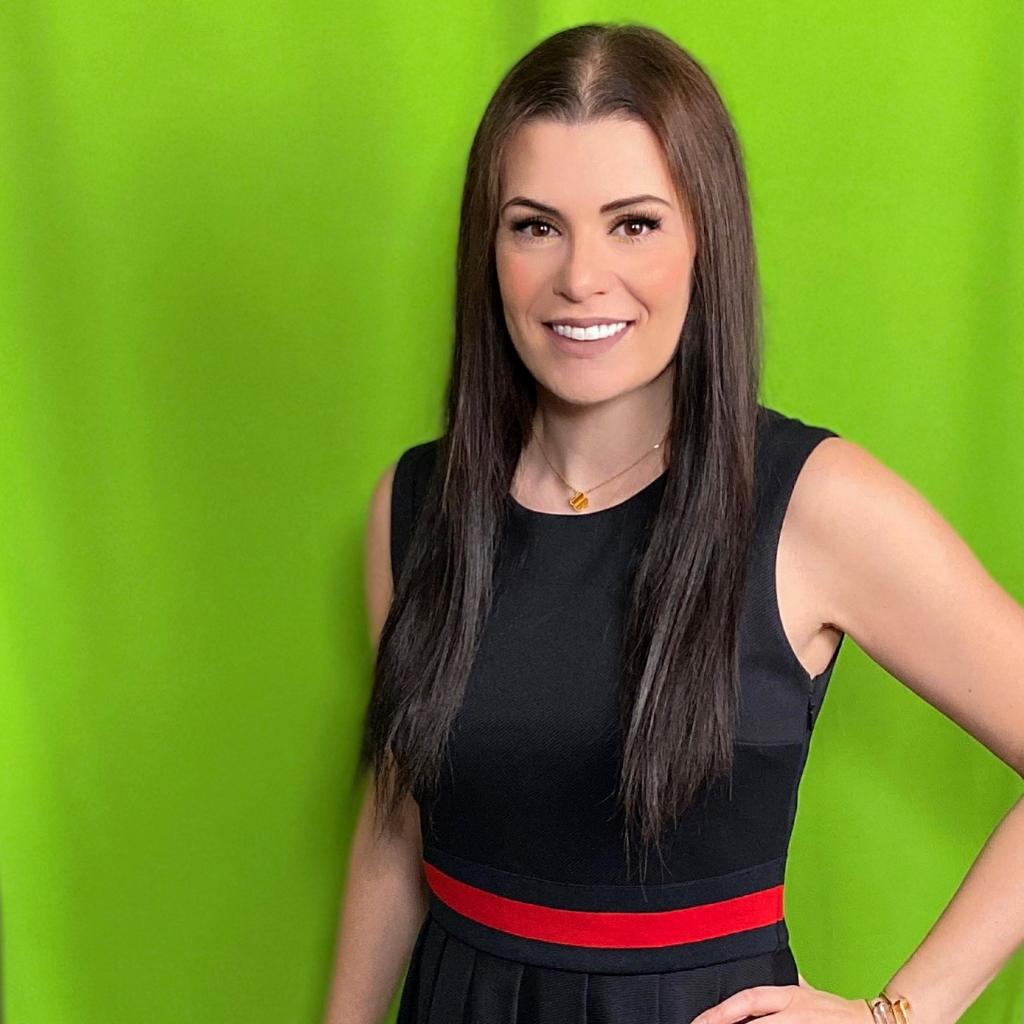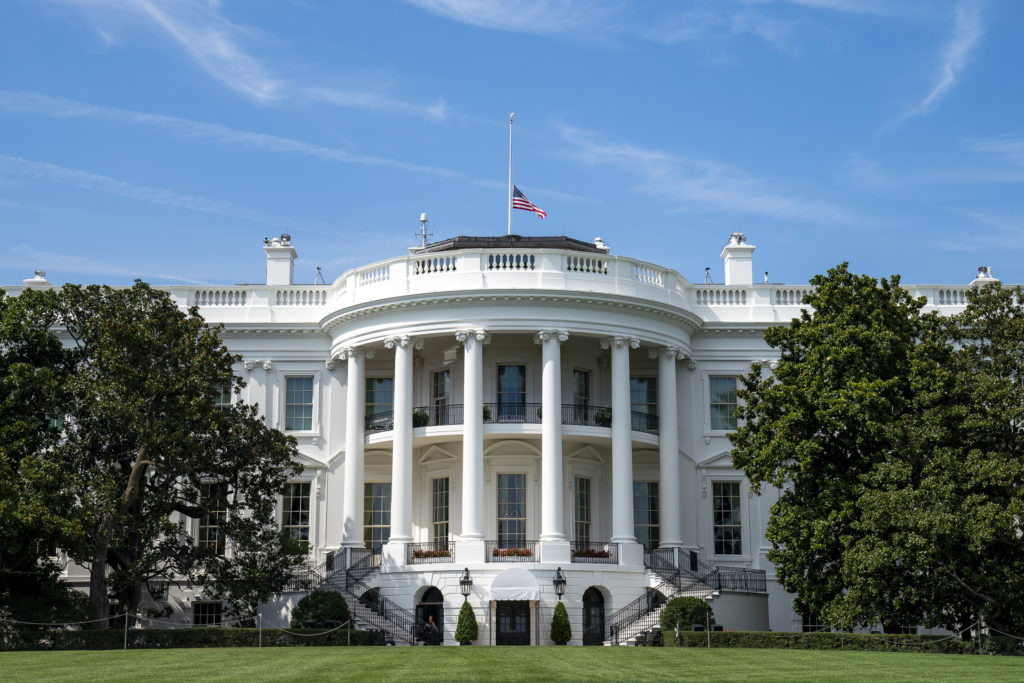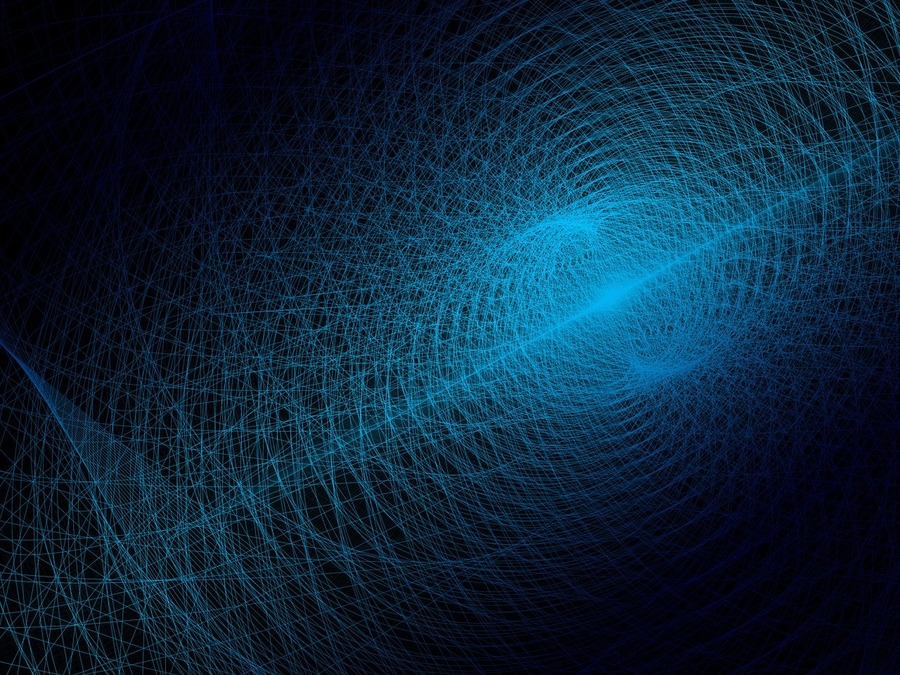There Are Many Ways the Justice Department Could Charge the Mar-a-Lago Case in D.C. But Should It?
If the Justice Department chooses to indict Trump in connection with his alleged unlawful possession of classified documents, it is likely to have the legal basis to bring charges in D.C.; however, policy considerations may counsel otherwise.
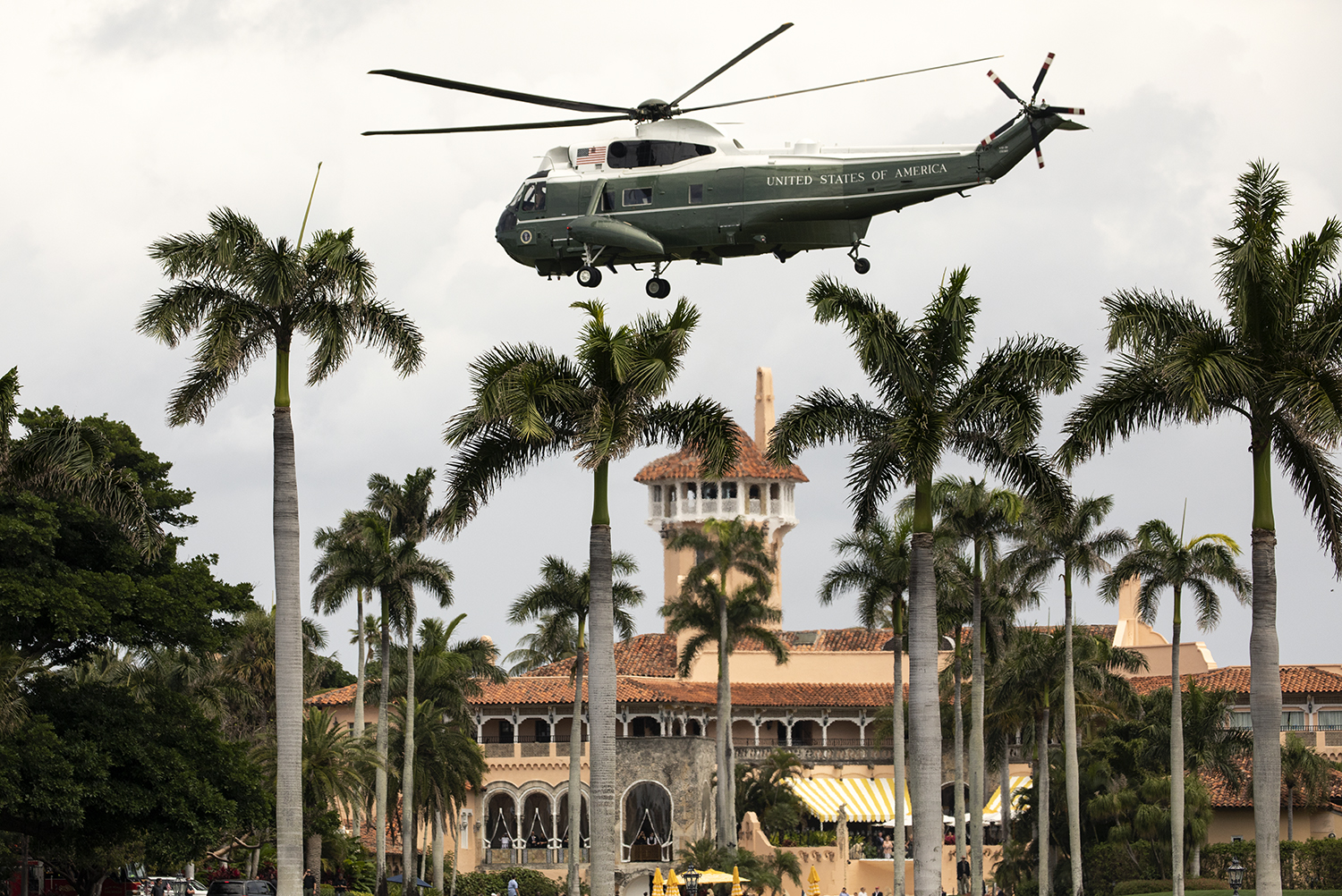
Published by The Lawfare Institute
in Cooperation With

In their article “Where’s the Venue: The Risks of Charging the Mar-a-Lago Case in D.C.,” Brandon L. Van Grack and Jacqueline Chervak explore the appropriate venue for potential charges the Justice Department might one day bring against former President Donald Trump in connection with its investigation—now being spearheaded by Special Counsel Jack Smith—of Trump’s alleged possession of classified documents at his Mar-a-Lago residence. The authors surmise that, while the Justice Department would prefer to bring the charges in the District of Columbia, it is questionable whether venue in D.C. is proper. Their analysis, however, is too narrow, as it is focuses almost entirely on the three statutes listed in the search warrant: (a) retaining national defense information (18 U.S.C. § 793(e)); (b) obstruction (18 U.S.C. § 1519); and (c) concealing or removing government records (18 U.S.C. § 2071). The authors fail to consider many other charges that the Justice Department may potentially bring based on public information. Additionally, even violations of two of the three statutes identified in the search warrant likely could be brought in D.C. The bigger issue in the venue discussion should be one of policy, not law.
Critically, the Justice Department is not limited to bringing the charges listed in the search warrant. If the allegations against Trump in its public filings are true, there are other criminal charges that the Justice Department potentially could bring in D.C. Indeed, if the Justice Department decides to charge Trump, it will have every incentive to look critically at all criminal statutes that might fit the facts to bring a comprehensive indictment.
To that end, so long as the evidence shows that Trump and one other person agreed to commit federal crimes, the Justice Department could allege an expansive conspiracy charge in an indictment in D.C. The authors mention this possibility in a single sentence, writing only that “[i]t is also worth noting that if [Trump] were to be charged with conspiracy to violate Section 793(e)—which the Justice Department did not allege in the search warrant—the relevant acts germane to venue would broaden.” But they fail to adequately explain the importance of the possibility of a conspiracy charge, which would render moot the entire premise that the Justice Department would have a difficult time establishing venue in D.C.
The general conspiracy statute—18 U.S.C. § 371—is broad and provides the government with flexibility on where to bring the charge. Section 371 makes it a crime for two people to agree to (a) commit any federal offense or (b) defraud the United States. Using the first part of the statute, the government could allege each of the crimes listed in the search warrant (and more) as underlying offenses—called objects of the conspiracy—and could allege as overt acts everything that purportedly furthered the conspiracy. The Justice Department could use the second part of the conspiracy statute to claim that Trump and others defrauded the government by allegedly making false statements to cheat the government out of its property (such as classified documents and presidential papers) and to interfere with lawful government functions. Either way, the Justice Department could (as it often does) use a conspiracy charge to allege most, if not all, of the criminal conduct it believes occurred anywhere.
As established by the Supreme Court, venue would be proper for a conspiracy charge in D.C. “as long as at least one overt act in furtherance of the agreement was committed” there. The overt act itself need not be a crime so long as it was done in furtherance of the conspiracy. For instance, Trump’s alleged removal of the documents from the White House, even if the action itself was not independently unlawful while Trump was still president, could be deemed an overt act to the extent it advances the unlawful goals of an existing agreement. The overt act would thus form the basis for venue in D.C.
If the conspiracy was not formed until Trump took up full-time residence at Mar-a-Lago, there are other potential avenues to find venue in D.C. The affidavit in support of the Mar-a-Lago search warrant alleges that the National Archives and Records Administration had ongoing communications with the representatives of former President Trump throughout 2021. If Trump caused an untruthful communication regarding the retention of classified documents to be sent to D.C., this conduct would likely constitute an overt act sufficient to establish venue in D.C. Notably, the Justice Department is not required to indict two people to bring a conspiracy charge. It can simply allege in an indictment that there was a conspiracy and that a charged defendant and an uncharged person joined it, as courts have consistently affirmed that a defendant “can be convicted of a conspiracy with an unnamed person.”
Further, even if the Justice Department cannot establish the existence of a conspiracy, there are many other statutes that are potentially applicable to the alleged conduct that could provide for venue in D.C. For example, 18 U.S.C. § 1001 criminalizes lying or scheming to cover up material facts from the U.S. government. If Trump falsely represented or caused someone to falsely claim that he possessed no classified documents or that all records the government sought had been properly returned, the Justice Department may have a basis to charge him under this statute. Section 1001 would provide prosecutors with flexibility, as venue is proper in the district where the alleged false statements were made, filed, or ultimately submitted. Based on information in the search warrant, the Justice Department already believes false representations were made to government employees located in D.C., such that venue would be appropriate there.
Indeed, such a scenario played out recently in a federal district court. In 2022, a jury in the Central District of California convicted former U.S. Rep. Jeff Fortenberry from Nebraska’s 1st Congressional District of Section 1001 violations. Fortenberry lied to authorities during two interviews conducted by federal agents investigating illegal contributions to his reelection campaign. (One of us, Fox, made the decision to charge Fortenberry while Fox was serving as chief of the criminal division of the U.S. Attorney’s Office there.) Although the event where Fortenberry received the illegal contribution occurred in the Central District of California, neither of the interviews of Fortenberry occurred in that district. Because the investigation of the illegal contributions took place there, however, venue was proper in the Central District of California since it was the location where Fortenberry’s false statements were ultimately submitted. Fortenberry attempted to have the case dismissed for lack of venue or transferred to Nebraska, but the district court denied both motions. Similarly, should the Justice Department decide to bring a Section 1001 offense against Trump or his representatives, it may legally charge the violation in D.C.
And while the Justice Department listed one obstruction statute—18 U.S.C. § 1519—in the Mar-a-Lago search warrant, there are other obstruction statutes potentially implicated that would have clear venue in D.C. According to the Justice Department, it served a grand jury subpoena on the Office of Donald J. Trump seeking “all documents ... bearing classification markings.” Prosecutors believe that Trump’s production was incomplete, a certification stating otherwise was false, some classified documents remained at Mar-a-Lago, and “government records may have been concealed and removed” from that location. If true, the evidence likely would establish violations of two obstruction laws: 18 U.S.C. §§ 1503 and 1512, each of which prohibits a broad range of obstructive conduct if it is tied to an official proceeding, such as a grand jury investigation. (Coincidentally, Trump has familiarity with a high-profile example of such a charge being brought: While in office, Trump pardoned ex-media mogul Conrad Black, whose crimes included a violation of Section 1512 for concealing documents from government investigators by having boxes with responsive evidence moved.)
Given that the subpoena served on Trump’s office was issued in D.C. and called for documents to be produced to that grand jury, venue would certainly be appropriate in that district. Section 1512(i) specifically allows for a prosecution under either Section 1503 or 1512 to “be brought in the district in which the official proceeding ... was intended to be affected or in the district in which the conduct constituting the alleged offense occurred.”
In arguing that venue may not lie in D.C., Van Grack and Chervak rely on United States v. Swann, a federal appellate court decision from 1975, which involved an obstruction indictment under Section 1503. The court concluded that venue was not proper in D.C. when all of the conduct occurred in Maryland, despite the fact that the proceeding being obstructed was located in D.C. Significantly, Congress has since amended the law so that venue would now be appropriate in D.C. for obstruction charges brought under Section 1503 or 1512.
Swann may still apply to other obstruction statutes, including Section 1519, which was the only obstruction offense listed in the search warrant. But, unlike Swann, the conduct prosecutors believe Trump and his associates engaged in did not solely take place outside of D.C. Section 1519 outlaws the “conceal[ment]” and “cover[ing] up” of facts in any “document.” The government believes Trump and his associates concealed and covered up their continued possession of classified documents and presidential records by causing alleged false representations in letters to be delivered to government officials in D.C., and purportedly causing the underproduction of documents there. If alleged in an indictment, these acts should let prosecutors take advantage of the general venue statute, 18 U.S.C. § 3237(a), which allows the Justice Department to bring charges “in any district in which such offense was begun, continued, or completed.”
A second of the three charges listed in the search warrant also could theoretically be brought in D.C. If someone unlawfully took the documents from the White House, the removal of those documents would be a crime that occurred in D.C. under Section 2071’s explicit language. While Trump may argue that he had the right to possess the documents while president, there are rules that discuss how to transport classified documents. If someone did not follow the proper procedures, prosecutors may argue that this failure is evidence of the criminal intent that existed when someone took and moved the documents. And the potentially unlawful transportation of the documents would have begun in D.C., which would provide venue there. That the crime may have continued when the documents were brought to Mar-a-Lago or elsewhere in the Southern District of Florida would merely give prosecutors the discretion on where to charge the offense.
Justifying venue in D.C. for a potential charge under Section 793(e)—the third and final statute listed in the search warrant—may be more challenging for prosecutors, since the applicable portion of the statute would be the unlawful “retention” and “fail[ure] to deliver” the documents to the government. Accordingly, an indictment for a violation of that statute would likely have to be brought in the Southern District of Florida. But given the plethora of other charges potentially available to the Justice Department, prosecutors are unlikely to make any venue decision based on where they would need to bring a Section 793(e) charge.
The biggest question is not where the Justice Department could legally bring charges, but where it should bring them, assuming the evidence establishes that federal offenses occurred. There is little doubt, as Van Grack and Chevrak observe, that a jury in D.C. may be more advantageous to prosecutors bringing charges against Trump and/or his associates. As of September 2022, 76.63 percent of D.C. constituents were registered Democrats, while only 5.34 percent were registered Republicans. In addition to the political demographics, jurors in D.C. are more likely to be employed by the federal government or have close associates who are. As a result, they may be more prone to be offended by conduct that allegedly impeded U.S. agencies. In making its venue decision, the government will not only weigh jury makeup but also consider convenience to the prosecutors and witnesses, and where the harm occurred. All of these factors point toward the Justice Department bringing any charges in D.C.
But indicting a politically charged case in a heavily Democratic district may cause many Americans to believe that Trump or his associates did not receive a fair trial by a jury of their peers. While this criticism may underestimate the objectivity of jurors, perceptions of justice matter (as is evidenced by Attorney General Merrick Garland’s decision to appoint a special counsel). Such a prosecution in an unbalanced district may set a dangerous precedent. Prosecutors should consider that even with Florida’s shifting from a purple to red state, the Southern District of Florida would likely provide a more balanced jury. That district is made up of several counties that have voter registrations that are not as skewed as those of D.C.
Ultimately, while D.C. is indisputably a proper venue for most, if not all, of the Justice Department’s potential charges, procedural considerations are not the only ones. With the breadth of federal criminal statutes and the flexibility of venue law, the Justice Department must think about broader principles of justice and not just focus on where prosecutors are most likely to win.

